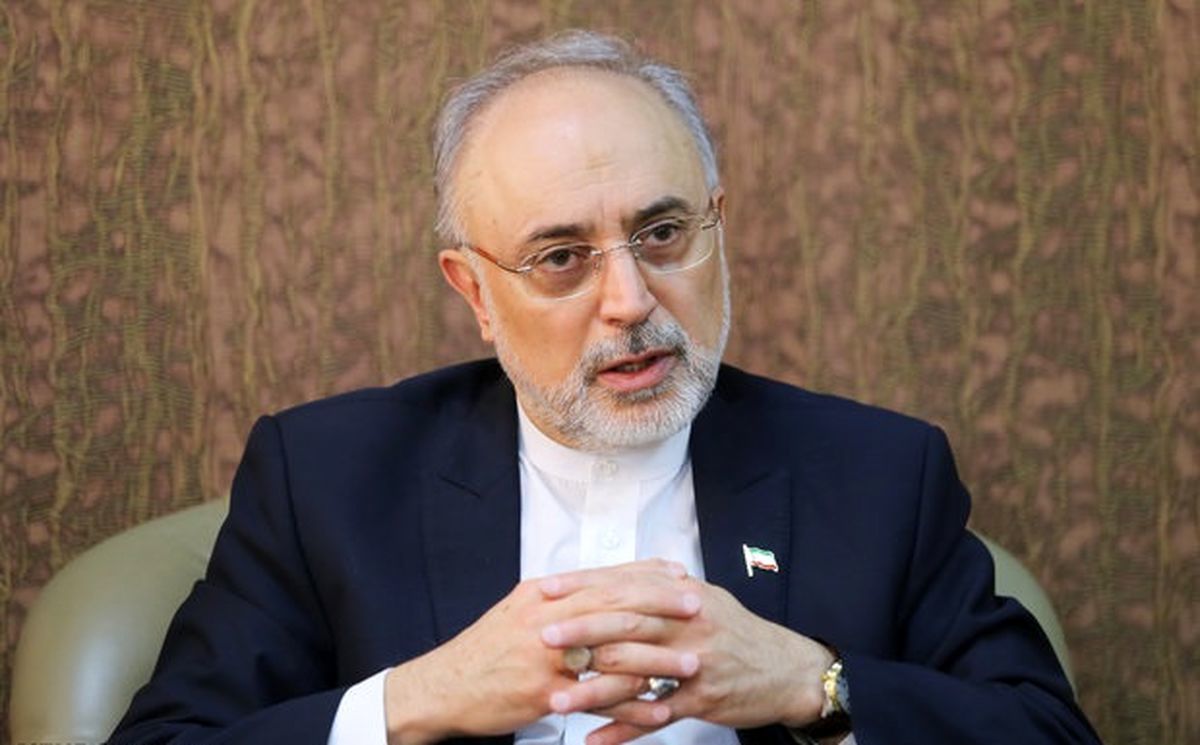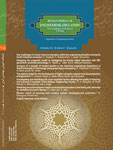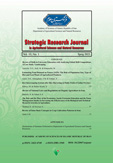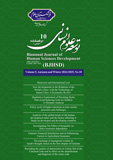
Dear colleagues and friends,
At the outset allow me to express my thankfulness to the organizers and the coordinators of this timely webinar, specially the center for peace and environment, and Professor M. Ebtekar.
This seminar is to touch upon contentious and controversial issues of peace and climate. Coincidentally it is worth to mention that a compatible international conference namely COP 26 was also lately held in Glasgow.
Humanity is the focal point in this regard since it is faced with multiple inter-related crises, of which, the most challenging is the increasing degradation and erosion of the natural environment. Climate change is predicted to intensify in the years to come. There is also a growing manifestation of violence, such as armed clashes, civil wars, and ethnic and religious "cleansing" in so many parts of the world. Interpersonal violence on the streets and at homes is also on the rise. There is also a growing prevalence of less direct and visible forms of violence, known as structural violence namely social inequality, poverty, alienation, racism, bigotry, discrimination, social injustice, and population displacement.
As UN argued, around the world, and particularly in regions already suffering from insecurity,
global warming poses an additional and increasingly prominent threat to sustaining peace. The effects of global warming and environmental degradation can compound other conflict drivers or become additional security risks. They also undermine prevention efforts. Local resource competition, transboundary natural resource and water management, extreme weather events, disasters, and livelihood insecurity are all climate-related security risks that need to be understood and addressed in a holistic manner through activities that contribute to their prevention.
Anthropologists have for a very long time offered alternative models of social life drawn from their studies of Indigenous communities that maintain healthy social and ecological life ways. While a "return to the native" or seeking "tribal wisdom" may run the risk of being dismissed or derided as romanticist or utopian idealism, few argue that particular aspects of Indigenous social life are of immense epistemological value for rethinking and re-formulating neoliberal and sustainable development policies and paradigms from one that negatively impacts on humanity and nature to one that can lead to a better life for all.
In Europe, the process to peace thinking is based on early Greek and Roman thoughts on democracy. It was initially taken up by Kant in his "eternal peace' that has developed the legal bases for an idealist world based on human rights and personal responsibility.
Peaceful, peace ecology combines concerns in relation to peacebuilding with ecological and social. Rather than treating peace, nonviolence, social justice, protection of communities, ecological sustainability, restoration of degraded environments, recognition of human rights and the rights of species and nature as separate issues, peace ecology considers them as interconnected concerns and aspirational goals. As Christos Kyrou (2007, p. 81) notes, "Peace Ecology values the preservation and harmonious interaction of societies with nature as peace; at the same time, it values a society striving to maintain positive peace as an ecological asset".
While peace ecology is a relatively new field of study and activist genre, it is an old practice of many Indigenous communities!
Peace ecology' is a scientific approach that aims to build bridges between peace research and environmental studies. Direct human interventions into the Earth System through the accumulation of greenhouse gases and carbon dioxide (CO2) in the atmosphere have caused multiple societal impacts, resulting in rapid increases in production, consumption, urbanization, pollution, migration, crises and conflicts. Peace ecology in the Anthropocene era of Earth and human history can be conceptualized on the basis of five conceptual pillars: peace, security, equity, sustainability and gender.
Hence, building lasting peace in fragile and conflict-affected contexts requires us to step up climate action. Understanding and responding to climate-related security risks has become a strategic priority for the UN Department of Political and Peacebuilding Affairs (DPPA), as is reflected in its Strategic Plan for 2020-22. Such risks are highly context-specific, with impacts that vary across regions, countries and communities, requiring integrated analysis and responses as women, men and youth are affected in different ways. The risks are greatest where past or current conflicts have undermined the capacity of institutions and communities to absorb the additional stress brought on by climate change or adapt to the changing environment.
In a recent publication entitled Peace Ecology, Randall Amster (2015, p. 203) lists several proposed projects to foster peacebuilding and ecological regeneration and they include community gardening, organic farming, collaborative water management, reinvigorating the commons, demonetizing our relationships, decommodifying the stuff of nature, preserving nature for its own sake and as a potential pathway to peacebuilding, navigating crises through mutual aid, forestalling crises through sustainable practices, resisting militarism on all levels, practicing compassionate and radical generosity, moving toward green energy sources, relocalizing the foundation of our lives, respecting diversity both socio-politically and ecologically, and working across borders of all types.
These are by no means lofty or utopian ideals. They are common practices of human society in the past and as documented in this paper, in many contemporary Indigenous communities as well highlighting fact that they are not utopian. Furthermore, there are social movements across the world that have embraced these proposals.
Thank you for your attention.
References
Amster, R. Peace ecology. Boulder: Paradigm, 2015.
Giraldo, O. Political Ecology of Agriculture; Agroecology and Post-Development. Springer. 2018



